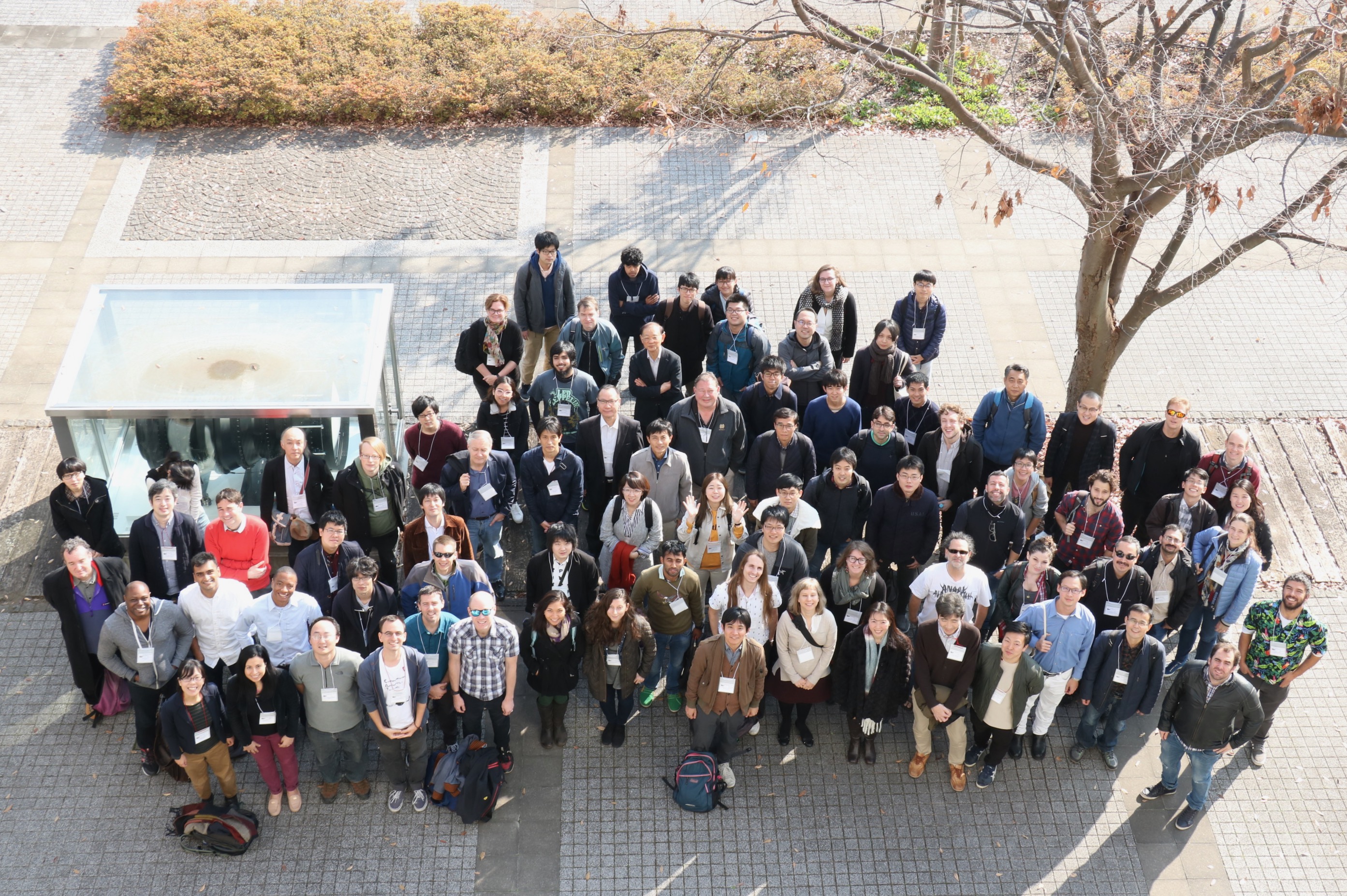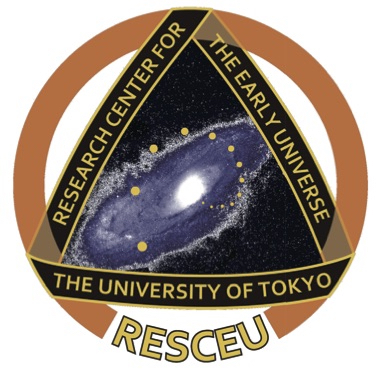Date:
3rd - 7th December 2018
Venue:
Lecture Hall, Kavli IPMU
Scientific Rationale:
The number of observed extremely metal poor stars has increased rapidly with new surveys and more powerful instruments in the last years. This wealth of observational data has the potential to constrain the nature of the first generations of stars and the chemical evolution of the Milky Way. Especially the recent focus on dwarf galaxies and progress in the theoretical modelling of the first supernovae has helped to connect EMP stars to the first stars in the Universe. However, many questions remain open in theory and observations.
The goal of this conference is to discuss and promote the connection between stellar archaeology and the first stars. We want to present systematically different approaches in constraining the nature of the first stars, such as stellar archaeology, numerical simulations, or gravitational waves to initiate synergetic discussion between the communities. What are common challenges, future observational perspectives, and what needs to be done in the next decade?
Being held in Japan, we also would like to encourage discussions on recent achievements and future prospects based on the Japanese 8.2m Subaru telescope, especially using the High Dispersion Spectrograph (HDS), Hyper Suprime-Cam (HSC) or Prime Focus Spectrograph (PFS) on the field of stellar archaeology.
Main Topics:
- EMP stars
- Pop III supernova yields
- Carbon enhanced metal-poor stars
- Numerical simulations of Pop III star formation
- Further Pop III constraints (GWs, supernovae, 21cm signal,…)
- Transition to Pop II formation (dust cooling, critical metallicity)
- s- and r-process nucleosynthesis
- Dwarf galaxies & Galactic chemical evolution
- 3D/NLTE analysis
- Science with the Subaru Telescope
We encourage especially young researchers and students to attend the conference.
Confirmed Invited Speakers: Anish Amarsi, Timothy Beers, Piercarlo Bonifacio, Volker Bromm, Gen Chiaki, Anna Frebel (remote), Alex Heger, Raphael Hirschi, Alexander Ji, Amanda Karakas, Tomoya Kinugawa, Evan Kirby, Chiaki Kobayashi, Haining Li, Vinicius Placco, Stefania Salvadori, Anna Schauer, Britton Smith, Else Starkenburg (remote), Eline Tolstoy
Phishing Alert: We did not authorise a travel agency to make hotel reservations for our participants. Please let us know if you are contacted by a third party regarding this conference.
Sponsors:




